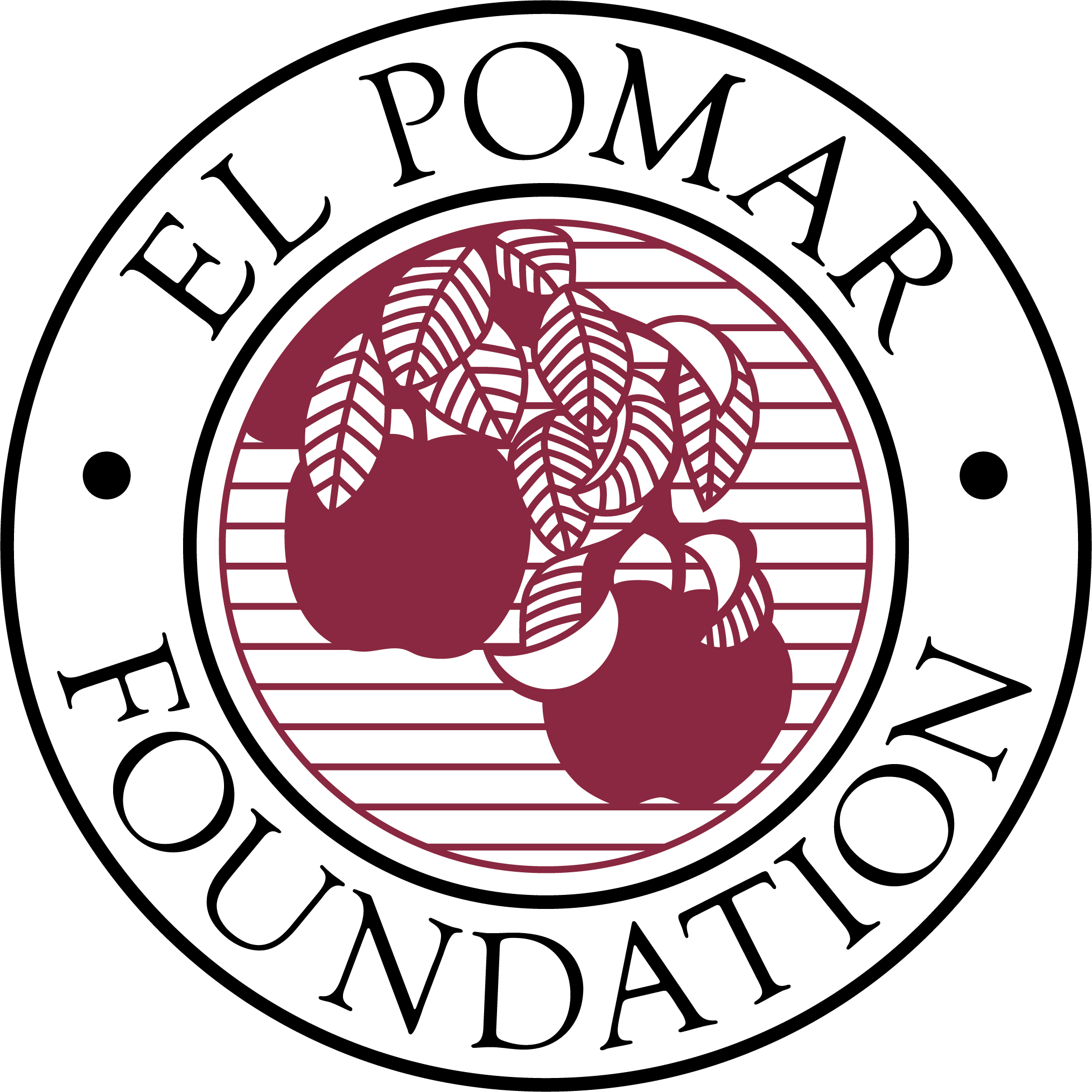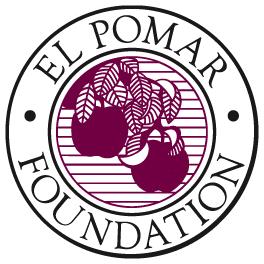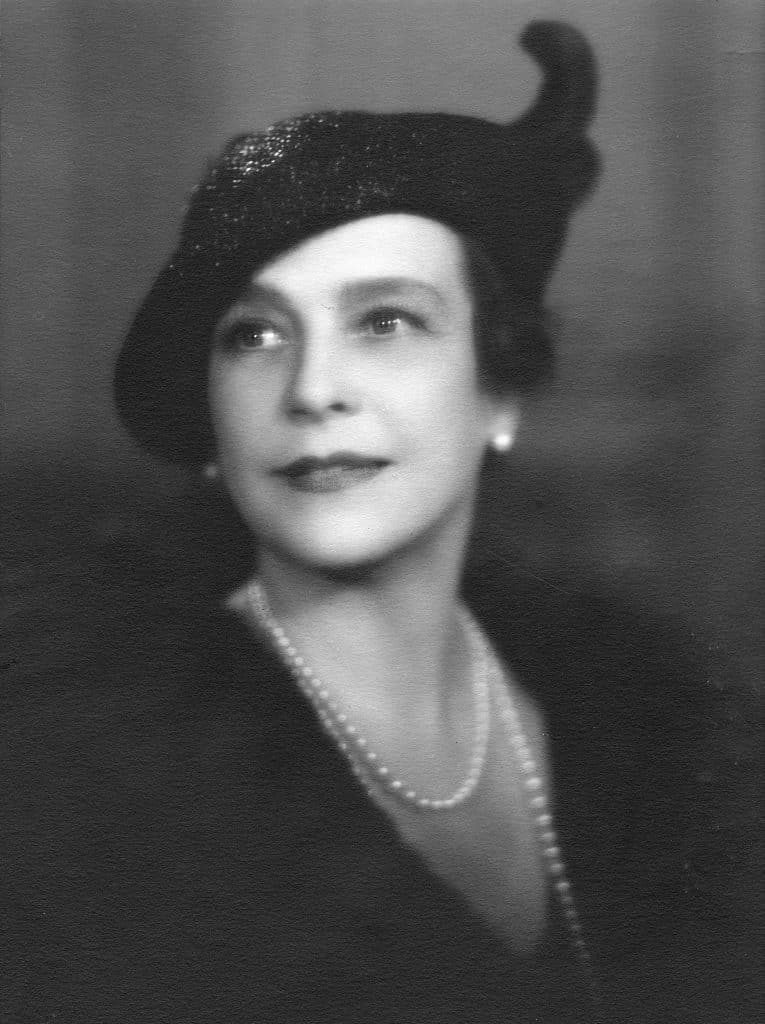While the Penroses made investments in philanthropy and economic development projects together, much of the Foundation’s early giving was directed by Julie Penrose following Spencer’s death. Julie’s philanthropy in those early years helps us understand our founders’ intent and carry on their creed to “enhance, encourage and promote the current and future well-being of the people of Colorado.” Such a broad mission statement can be clarified by taking note of Julie’s philanthropy at that time.
One of the organizations Julie supported heavily, both personally as well as through El Pomar, was Central City Opera. Founded in 1932, it is the fifth-oldest professional opera company in the country renowned for world-class productions, young artist training, education, community engagement and historic preservation. The organization owns 27 Victorian-era properties including a 550-seat jewel box opera house built in 1878. El Pomar has made 140 grants totaling $2.7 million to the organization since 1940, including general operating support, scholarships for young artist training, and capital support for improvements to the Penrose Complex, which houses staff and Opera cast members.
Central City Opera on opening night in 1932.
Another example of Julie’s support of the arts was the creation of Broadmoor Art Academy in 1919, established by the Penroses by donating their downtown home to the organization after moving to Penrose House. Broadmoor Art Academy later became Colorado Springs Fine Arts Center in 1936 thanks in part to additional funding from Julie. It became the first multi-disciplinary arts center of its kind west of the Mississippi and is now on the National Register of Historic Places and part of Colorado College.
Colorado Springs Fine Arts Center at Colorado College (originally founded in 1919 as Broadmoor Art Academy by Julie & Spencer Penrose)
In addition to supporting and founding arts institutions, Julie also assisted individual artists through sponsorships. One example includes a young woman named Patricia Croke who, at just 10 years old, demonstrated great talent as a harpist. Financial barriers may have prevented Ms. Croke from pursuing her passion, but Julie took an interest and bought her a harp to support her endeavors. Ms. Croke went on to play with the Colorado Springs Symphony and teach lessons at Colorado College. In fact, Julie was one of her students. The harp now sits in the Salon of Penrose House.
Along with supporting the arts and other sectors, both Spencer and Julie were interested in supporting healthcare access, particularly high-quality cancer treatment, which Spencer struggled to receive in Colorado Springs. In 1939, the couple selected St. Francis Hospital, first known as Glockner Sanatorium and Hospital, to be the site of the Penrose Tumor Institute. After Spencer’s death, Julie contributed $3.2 million for the addition of a twelve-story tower for more hospital beds. Upon completion in 1959, the hospital adopted the name Penrose Hospital. El Pomar Foundation has continued to support the hospital, now called Penrose St. Francis, granting $24.2 million since 1937. Most recently, El Pomar contributed a $500,000 capital grant towards a hybrid operating room, which allows physicians to switch minimally invasive operations into open surgical procedures when needed, without having to transport the patient. This saved time can sometimes save the patient’s life.
Penrose Hospital in the 1950’s
Julie Penrose’s spirituality and Catholic faith also inspired her philanthropic priorities. As an example, after Spencer’s death, she moved into The Broadmoor hotel and donated the couple’s home to the Sisters of Charity of Cincinnati in recognition of their community value and the care they provided Spencer during his final years. Sisters of Charity operated the property, renamed the Julie Penrose Center, for 48 years as a spiritual retreat center. In 1992, El Pomar Foundation purchased the house and renamed it Penrose House. It is now on the National Register of Historic Places and serves as a conference and meeting space for Colorado’s nonprofit sector and government equivalents.
The couple’s interest in education, another focus area of the Foundation’s grant making today, led them to support Fountain Valley School in Colorado Springs. The school brings an education dedicated to traditional standards of excellence and progressive ideals of individual dignity and creative promise. Spencer served on the school’s board of directors, and the Penroses helped finance and keep the school open during the depression. El Pomar has continued to support Fountain Valley School for projects as diverse as the purchase of water rights in 1954 and 1956, the purchase of 40 acres of land in 1957, the construction of a swimming pool in 1969 and annual scholarships.
Whether through large gifts to established organizations like Central City Opera or Penrose St. Francis Hospital, personal contributions to individual artists or the donation of her homes, Julie Penrose’s giving in the 1930’s and 40’s helps us to understand how she and Spencer aimed to support the people of Colorado. Her philanthropic vision is demonstrated by El Pomar’s five grant making categories of arts and culture, civic and community initiatives, education, health and human services. By recognizing Julie’s early contributions, we can learn how to best fulfill the mission to improve the well-being of Coloradans now and for generations to come.
Sources:
https://www.elpomar.org/blog/detail/the-penrose-legacy-penrose-st-francis/2205/
https://www.alignable.com/colorado-springs-co/penrose-hospital-emergency-room
https://www.peakradar.com/event/the-broadmoor-art-academy-and-its-legacy-1919-1970/
https://www.elpomar.org/blog/detail/80-years-of-giving-fountain-valley-school-1937/2566/
https://www.elpomar.org/penrose-house/penrose-house-history/
Interview with El Pomar’s Sarah Woods and Samantha Means








